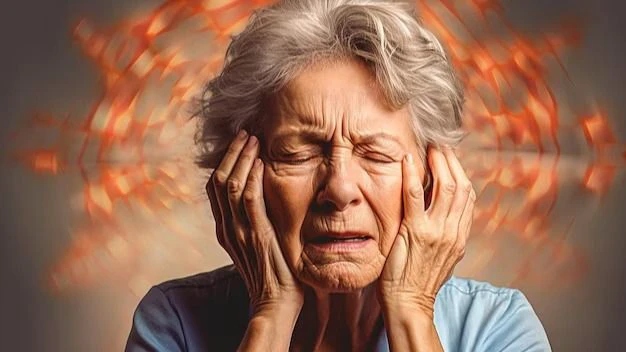A stroke occurs when the brain’s blood supply is abruptly interrupted, either due to a blockage in a blood vessel or a burst artery.
This disruption leads to brain cell death from lack of oxygen, which can cause significant impairments such as paralysis, speech difficulties, depression, and cognitive decline.
Although factors such as age and genetics are beyond our control, managing health conditions like hypertension and diabetes, along with adopting a healthier lifestyle, can markedly decrease stroke risk. Effective stroke rehabilitation is crucial for recovery and often involves innovative therapies like constraint-induced movement therapy, robotic assistance, and targeted fitness training to restore motor functions.
Occupational therapy plays a central role in helping stroke survivors regain the ability to perform daily activities. Emerging research into therapies such as virtual reality and advanced pharmacological treatments offers hope for enhancing recovery further. Recognizing stroke causes, symptoms, and the importance of timely rehabilitation is essential for improving outcomes and mitigating the impact of this serious condition.
Strokes can be classified into two main types: ischemic and hemorrhagic. An ischemic stroke occurs when a blood vessel supplying the brain is obstructed, preventing oxygen and nutrients from reaching brain tissue. Conversely, a hemorrhagic stroke results from the rupture of a blood vessel in the brain, leading to bleeding and subsequent damage.
Medical risk factors
High blood pressure Cigarette smoking High cholesterol Diabetes Lifestyle Risk Factors:
Obesity Physical inactivity Heavy or binge drinking Use of illegal drugs like cocaine and methamphetamine
Stroke symptoms
Numbness, weakness, or paralysis on one side of the body, evident when attempting to raise both arms or smile, with one side potentially drooping. Stroke Rehabilitation: Rehabilitation is a multifaceted program designed to aid recovery and foster independence post-stroke. It typically involves a team of professionals delivering physical, occupational, and speech therapies to restore function and enhance quality of life.
Understanding stroke’s warning signs and effective rehabilitation methods is crucial for reducing stroke-related disabilities and improving recovery outcomes.


